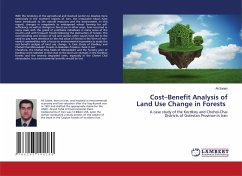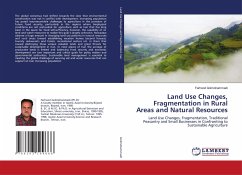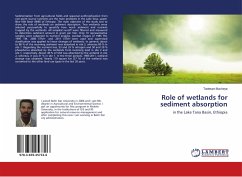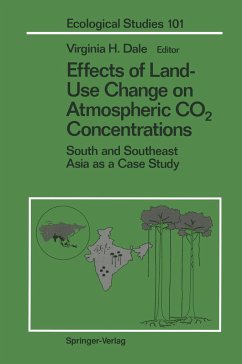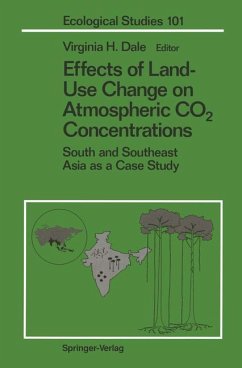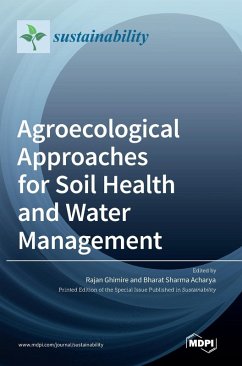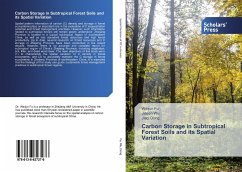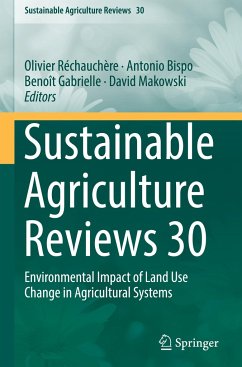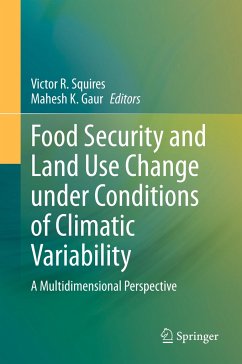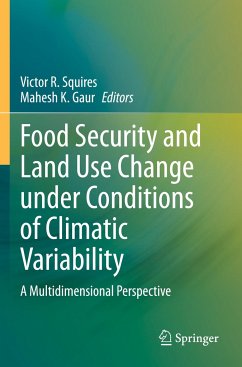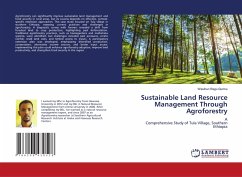
Sustainable Land Resource Management Through Agroforestry
AComprehensive Study of Tula Village, Southern Ethiopia
Versandkostenfrei!
Versandfertig in 6-10 Tagen
29,99 €
inkl. MwSt.

PAYBACK Punkte
15 °P sammeln!
Agroforestry can significantly improve sustainable land management and food security in rural areas, but its success depends on effective, context-specific extension approaches. This case study focused on Tula village in southern Ethiopia, assessing current practices and challenges in agroforestry. A diagnostic survey with farmers revealed a shift from forested land to crop production, highlighting past deforestation. Traditional agroforestry practices, such as homegardens and multistrata systems, were identified, but challenges included pest pressures, erratic rainfall, small land sizes, and ...
Agroforestry can significantly improve sustainable land management and food security in rural areas, but its success depends on effective, context-specific extension approaches. This case study focused on Tula village in southern Ethiopia, assessing current practices and challenges in agroforestry. A diagnostic survey with farmers revealed a shift from forested land to crop production, highlighting past deforestation. Traditional agroforestry practices, such as homegardens and multistrata systems, were identified, but challenges included pest pressures, erratic rainfall, small land sizes, and limited access to inputs. A participatory extension plan was developed, emphasizing diversified production, conservation, alternative income sources, and better input access. Implementing this plan could enhance agroforestry adoption, improve land productivity, and strengthen food security in the region.





